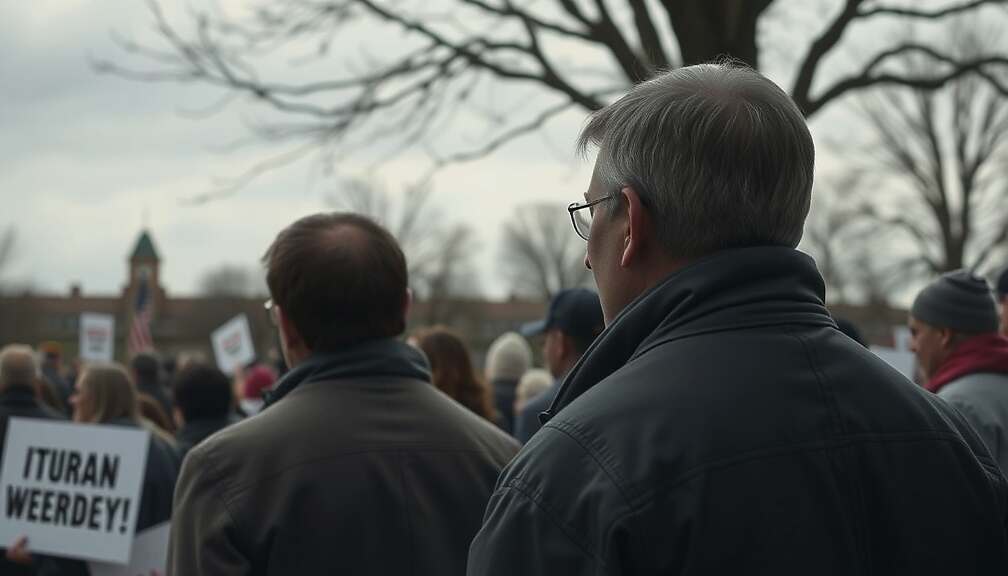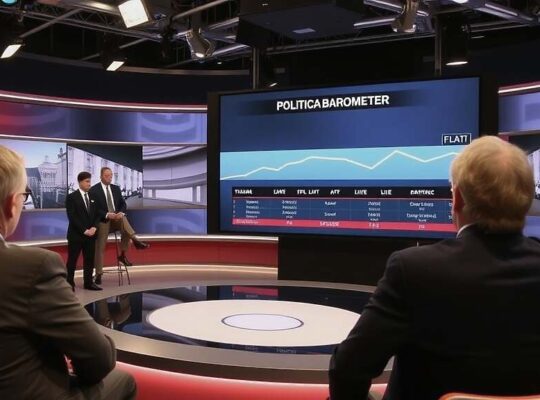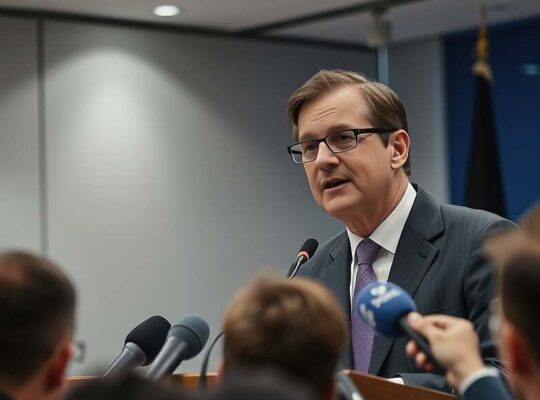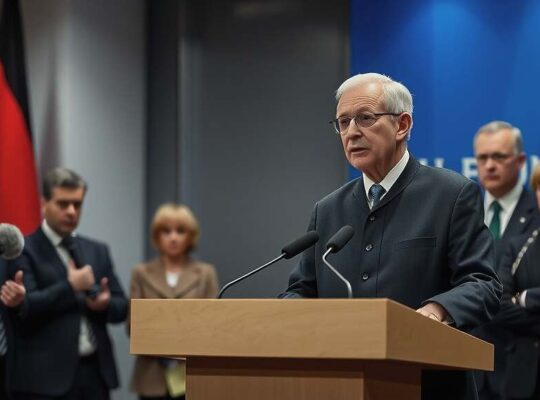The Christian Democratic Union (CDU)/Christian Social Union (CSU) bloc appears poised to marginally regain ground against the Alternative for Germany (AfD) party, according to a new YouGov poll released Wednesday. The survey indicates that 27% of eligible voters would currently support the CDU/CSU if a federal election were held, a figure unchanged from October. Simultaneously, the AfD has experienced a slight dip, falling one percentage point to 25%.
The Social Democratic Party (SPD) remains steady at 14%, while the Green Party holds firm at 11%. The Left party has seen a minor gain, rising to 11%. The Free Democratic Party (FDP) also recorded a one-point increase, now standing at 4%. Support for other parties collectively totals 5%.
The delayed impact of Sahra Wagenknecht’s announced departure from the leadership of the “Socialist Electoral Alternative” (BSW) appears minimal; the party maintains 4% support, mirroring October’s figures. This suggests either a lack of resonance from the leadership shift or a pre-existing, stubbornly loyal voter base.
The data paints a complex picture of generational anxieties and perceived political neglect. A significant 50% of respondents believe that younger generations will experience a lower standard of living than their parents. This sentiment is particularly acute among 18-29-year-olds, with 63% expressing this concern. Conversely, those aged 70 and over are notably more optimistic, with only 36% sharing the same view. This divergence potentially highlights differing life experience and income realities across age groups.
A concerning majority (58%) of Germans believe that the impact of political decisions on young people is not sufficiently considered. This feeling is overwhelmingly prevalent amongst young adults themselves – 73% of 18-29-year-olds feel their interests are inadequately factored into policy. The persistence of this sentiment could fuel further voter disaffection and potentially benefit populist movements that claim to represent the “forgotten” generation.
Critics argue that current policy debates, particularly those surrounding pension level guarantees and future economic prospects, fail to adequately address the long-term financial security of younger Germans. The growing disconnect between generations, underscored by these poll findings, poses a significant challenge to policymakers and risks exacerbating social tensions. The relatively limited impact of Wagenknecht’s withdrawal from BSW could be interpreted as a symptom of a broader discontent rooted in perceptions of systemic neglect, not solely attributable to individual leadership. The ongoing challenge for mainstream parties lies in demonstrating a tangible commitment to addressing these anxieties and rebuilding trust with a generation feeling increasingly left behind.
YouGov surveyed 2,387 people between November 14th and 17th.












